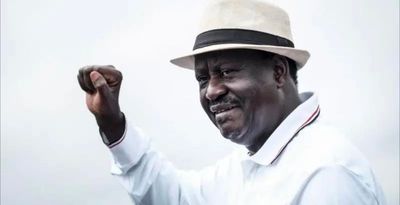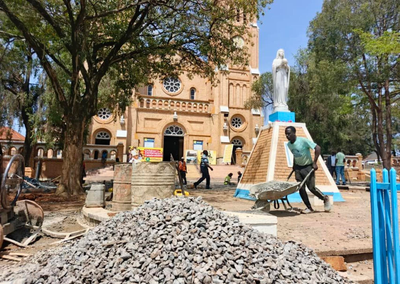
Kilmar Ábrego García, a long-time resident of Maryland and a family man, is at the centre of a contentious immigration case that has drawn national attention. Less than 24 hours after his release from a Tennessee jail last Friday, García was informed by US immigration authorities that they intend to deport him—not to his native El Salvador, as might have been expected—but to Uganda.
García’s story is emblematic of the complex and often controversial US immigration policies of recent years. Born in El Salvador, he fled gang violence as a teenager in 2011, entering the United States illegally in search of safety. By 2019, he had secured protection from deportation after an immigration judge ruled that returning him to El Salvador would likely put him at risk of gang persecution.

Despite this legal protection, García was wrongfully deported in March, during the Trump administration, becoming a symbol of aggressive US immigration enforcement. His removal sparked widespread criticism, with advocacy groups and members of the public calling for his immediate return. Following pressure and a Supreme Court order, García was brought back to the United States in June. Upon his return, however, he was detained on charges of human smuggling, which his attorneys have called “preposterous.”
The charges stem from a 2022 traffic stop in Tennessee, where García was driving with nine passengers. While authorities suspected human smuggling, no charges were filed at the time, allowing him to continue on his way. García has consistently denied any wrongdoing, and his legal team maintains that the case is without merit.
Now, García faces a new, unexpected twist: deportation to Uganda, a country with which he has no known ties. Court filings show that García rejected an earlier offer to be deported to Costa Rica in exchange for pleading guilty and remaining in jail, instead choosing to await trial in Maryland, where he resides with his American wife and children. The move underscores García’s desire to fight the charges and remain with his family.
US immigration officials, citing administrative authority, have requested that García report to a facility in Baltimore on Monday. The Trump administration has repeatedly accused him of affiliations with the MS-13 gang, allegations that García and his family strongly deny. Homeland Security Secretary Kristi Noem confirmed that the administration intends to pursue deportation “until he’s out of the country.”
García’s case raises pressing questions about the treatment of long-term residents, the discretion of immigration authorities, and the potential human costs of deportation policies. For a man who came to the United States seeking safety, built a life with his family, and fought to protect himself from persecution, the decision to deport him to Uganda marks a bewildering and controversial chapter in his ongoing legal battle.
As García prepares to appear before immigration authorities, his story continues to attract attention as a stark example of the challenges faced by immigrants navigating the US legal system—and the broader debate over how far the government should go in enforcing deportations against individuals who have established lives in America.














Marlene Luwedde
Leave a Comment
Your email address will not be published.